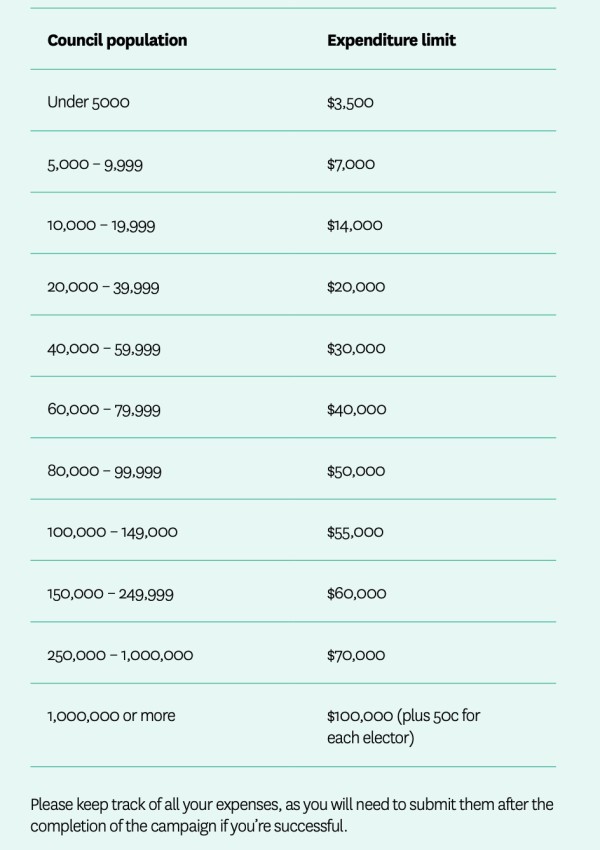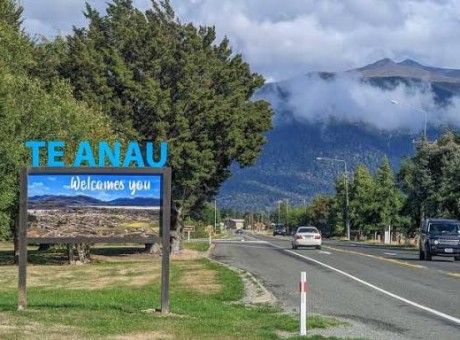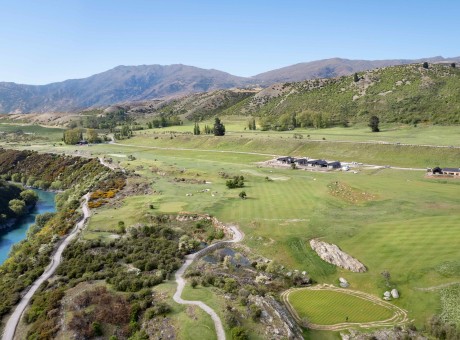QLDC enters the TV news industry
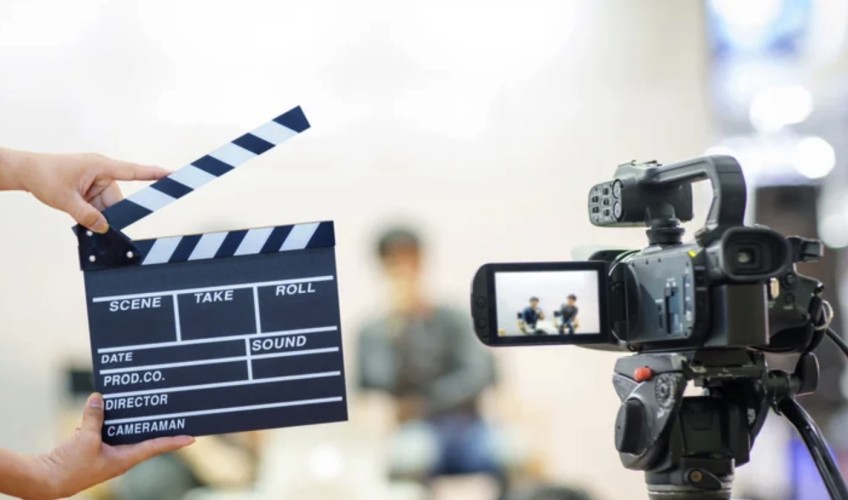
In a surprise move the Queenstown Lakes District Council has told 2025 local election candidates that the council will record video profiles "filmed by council staff at council premises."
The process is voluntary but in a handbook for candidates the QLDC says:
"For this election, the Queenstown Lakes Council is providing an opportunity for candidates to be filmed in a short video answering a small range of election-related questions. The videos will be up to 90 seconds long, filmed by council staff at council premises, and made available from the council’s website along with a copy of their candidate profile statement and photo. This is optional for candidates."
"All candidates will be contacted by council staff after nominations have closed and offered the opportunity to participate. The questions to be asked will be included in that invitation, along with an appointment booking process."
From a journalism and local democracy perspective the proposed video profiles raise a number of key questions.
- Questions will be provided in advance. This make no sense as the candidates will simply be presenting pre-prepared, pre-researched answers.
- Council staff producing and publishing the videos. There's no control over how many takes will be offered to "get things right" or how "sympathetic" each video will be in terms of lighting, framing and audio/video quality.
- Current councillors will have a significant advantage or disadvantage in that they will have an existing relationship with the council production crew - positive or negative.
- There's no independent audit of how often the video profiles are published, viewed or placed.
- The editorial choice of questions, issues and topics runs the risk of being "council friendly" or "council biased" - for example will Lakeview, the Shotover sewage crisis, low council trust scores and the new Council HQ figure in the "approved" question list?
There's also concern around the idea that a local council becomes its own "news" producer using its own ratepayer funded equipment, premises and social media accounts.
Paradoxically the QLDC has produced new social media guidelines that prohibit campaigning in their social media channels. The definition of “disinformation” is an interesting one as the council itself has in recent years released information to the community that has subsequently turned out to be “disinformation.” The council also allows itself to decide what is “harmful” or “unreasonable”.
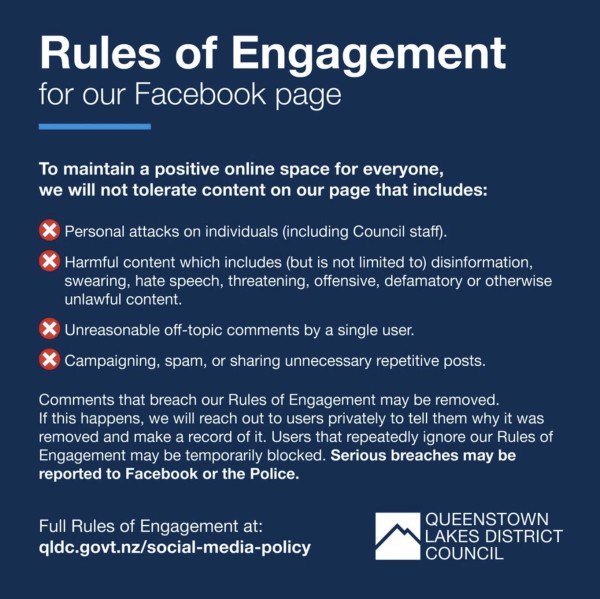
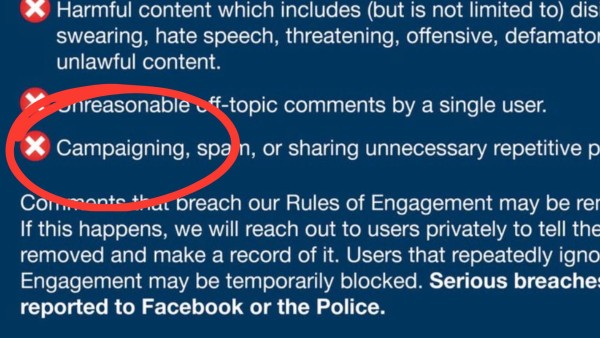
- QLDC's new social media policy prohibits campaigning, but we assume the council itself is exempt from that rule.
Another issue is that of electoral campaign expenditure limits. Money spent on campaigning, such as a video profile, has to be fully declared. It's not clear how the QLDC will navigate that issue as the value of campaign materials can't be "disappeared" as a gift or "free service." A professional video profile, recorded and edited, could cost in the region of $1,000. The council handbook does not specify if the QLDC video production will be available to candidates to share on their own social media channels.
The Local Electoral Act 2001 sets out the maximum amount that can be spent on campaigns. This amount varies according to the population of the council you are standing for. The limits apply to expenditure during the three‑month campaign period.
